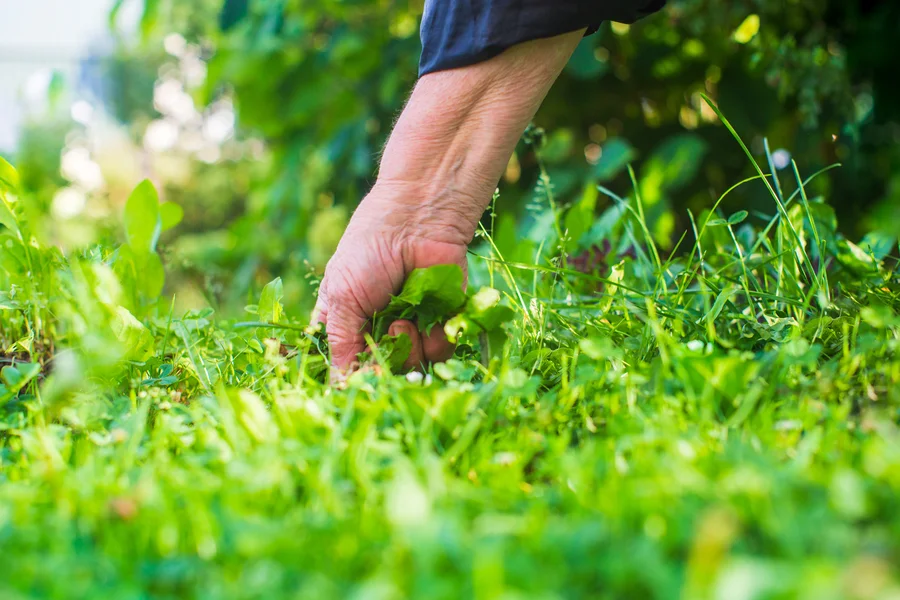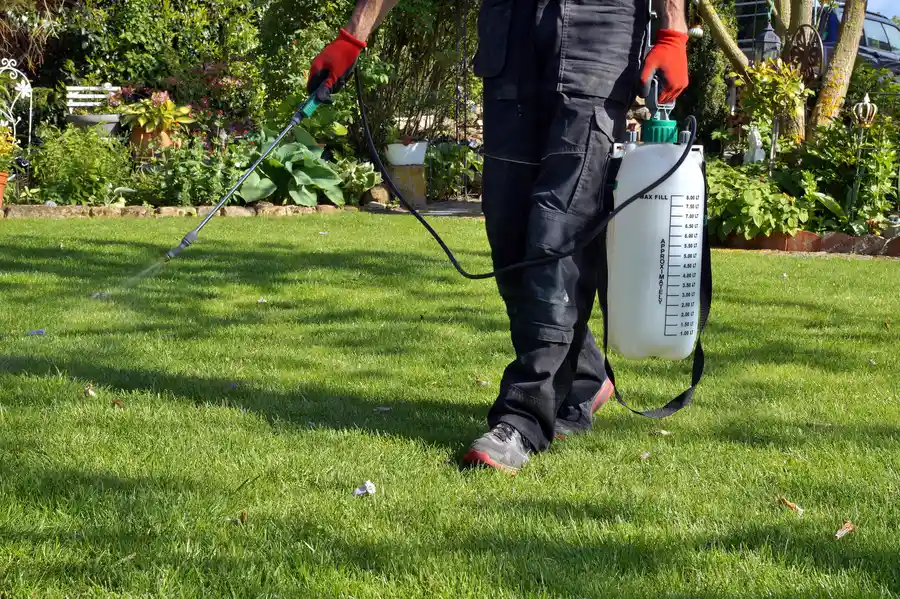Understanding the Role of Vegetation Management in Pest Control
Controlling weeds plays a crucial role in managing insect habitats. Weeds often serve as shelter and food sources for various pests. These unwanted plants can harbor insects that damage crops, lawns, and gardens. By effectively managing weeds, you can reduce these habitats, thus minimizing pest presence. This approach not only benefits your garden or agricultural area but also contributes to healthier ecosystems overall.

The Importance of Managing Unwanted Plants
Weed control is essential because it helps prevent insects from finding safe havens. When left unchecked, weeds offer ideal conditions for breeding and feeding. As a result, harmful insects like aphids, beetles, and caterpillars thrive. Effective weed management disrupts this cycle, reducing insect populations and protecting your plants.
Impact of Weeds on Insect Populations
The presence of weeds significantly affects insect numbers. These plants provide resources that attract pests. For instance, certain types of weeds produce nectar that serves as food for insects. Additionally, dense weed growth offers shelter from predators and environmental elements. By controlling weeds, you can decrease the likelihood of attracting these pests.

Effective Strategies for Controlling Unwanted Growth
Implementing effective strategies for vegetation management is key to limiting insect habitats. There are several methods you can use:
- Regular mowing to prevent weed flowering
- Applying mulch to suppress weed growth
- Using targeted herbicides where necessary
- Practicing crop rotation in agricultural settings
By utilizing these strategies, you can maintain a healthy environment with fewer pests.
Benefits of Reducing Insect Habitats
When you focus on eliminating weed-related insect habitats, you’ll notice several benefits. First, it leads to healthier plant life due to reduced pest activity. Second, it minimizes the need for chemical pesticides, which can be harmful to other wildlife and beneficial insects. Lastly, it promotes biodiversity by allowing native flora to flourish without competition from invasive species.
Challenges Faced in Vegetation Management
Despite its importance, controlling weeds comes with challenges. Common issues include identifying persistent weed species and selecting appropriate control methods. Weather conditions also play a significant role in the effectiveness of weed control measures. To address these challenges, regular monitoring and adapting strategies based on environmental changes are recommended.
Cost Considerations for Maintaining Plant Health
Maintaining plant health through proper weed management may involve costs related to labor, tools, and products. However, investing in these aspects reduces long-term expenses linked to pest damage and loss of plant yield. Furthermore, balancing upfront costs with potential savings highlights the value of sustainable practices in vegetation management.
Your Path to a Healthier Environment
To create an ecosystem less inviting to pests, focus on consistent weed management practices. Engaging professionals can enhance the effectiveness of your efforts. Contact G&R Greener Lawn and Maintenance Services LLC at (863) 801-0841 for expert advice tailored to your needs. Our team, based in Okeechobee, FL, is dedicated to helping you achieve a thriving, pest-free environment.